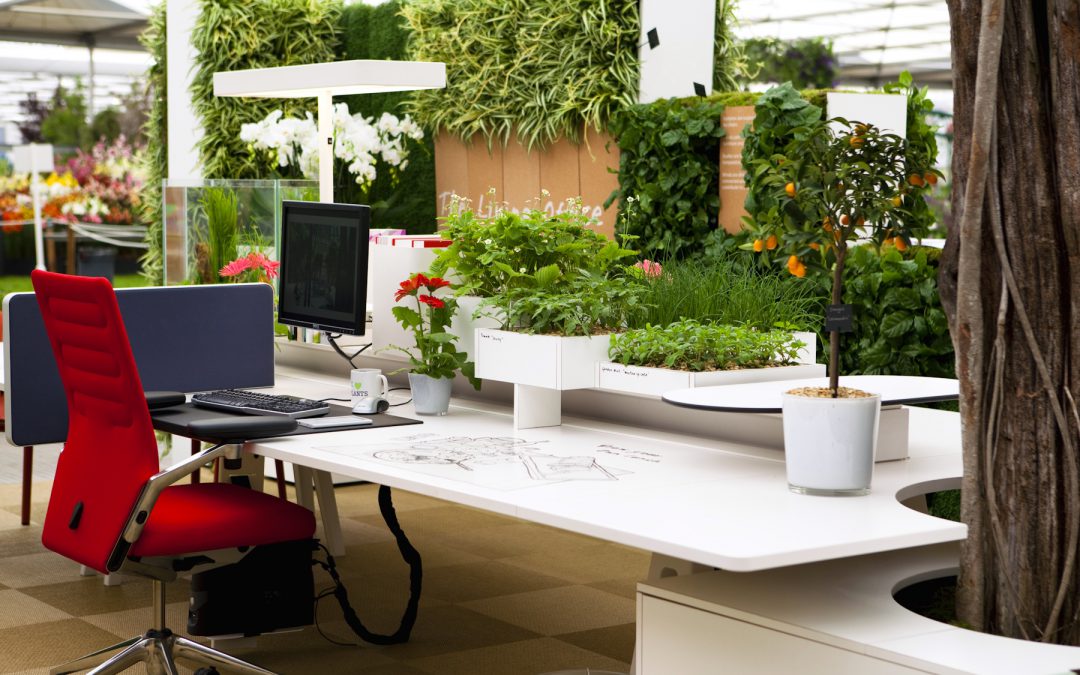Organizing is the act of rearranging items that are in a disorganized, cluttered state so that everything can be retrieved quickly with less effort, maximizing both their utility and visual appeal.
Time management refers to increasing both the efficiency and the effectiveness of individuals and organizations through the organization of tasks and events by using tools such as planners and computers, and techniques and processes such as goal-setting, planning and scheduling.
The two activities are interrelated since disorganization normally wastes time. The major difference between organizing and time management is that, in general, organizing deals with things and time management deals with activities that have a time dimension. We organize our desk, our files, our supplies, our possessions and so on. We manage the time at our disposal, by deciding what to do, when do it, and how to do it.
Time management in any environment, electronic or otherwise, involves working both efficiently and effectively. You are working efficiently when you complete tasks in the best possible way. You are working effectively when you concentrate your efforts on the best possible tasks. What you do is considered more important than how you do it. But when you get organized and work both efficiently and effectively, you are approaching excellence.
Organization has been known to reduce stress, improve memory and recall and conserve energy, and improve focus. With the reduction of clutter, there are fewer distractions and less searching for things or shuffling papers – in addition to a more aesthetic environment.
Organization and time management go hand in hand, and both are essential for peak productivity.


Recent Comments